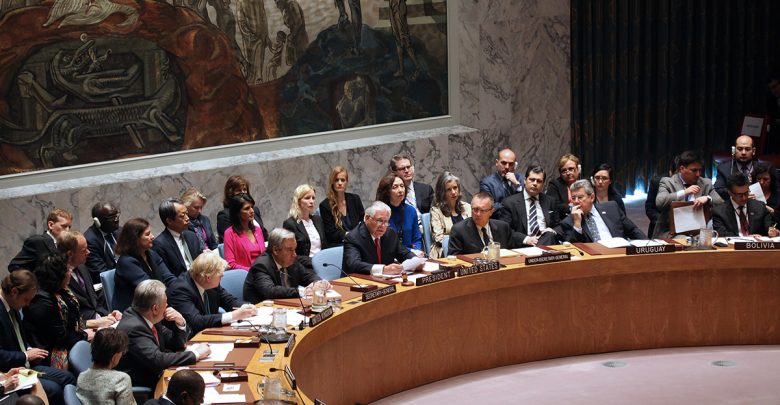Are sanctions against North Korea working?
We should consider if economic sanctions are deterring the North from pursuing nuclear weapons
 Supplied
SuppliedEconomic and trade sanctions are meant to pressure a nation-state into adherence with the requests of other countries, usually to steer them away from belligerence. We need to rethink, however, if the decades-long UN sanctions against North Korea are actually effective.
News report after news report has noted the success and effectiveness of the UN’s recent sanctions to pressure North Korea’s denuclearization. We should be very skeptical of these reports because it doesn’t matter who imposes such sanctions, as they can always be circumvented.
Reports say that at least ten UN-member countries have engaged in illicit trade and smuggling with North Korea since 2006. Some eyebrow-raising examples include a privately-owned company in Egypt that paid for the import of almost 24,000 rocket-propelled grenades from North Korea in a ship under a Cambodian flag. Another is a Singapore-based company that has been supplying department stores in Pyongyang.
China is the biggest UN-member country that downplays the sanctions. Despite the sanctions, they’re still the biggest trading partner of the North, accounting for 90% of its external trade. A recent example of this blatant ignorance occurred when China imported 1.6M tonnes of coal from North Korea despite the presence of a UN cap on coal imports from the North.
Member states who believe in the UN’s effectiveness ought to be concerned when other members flout their mutually agreed-upon sanctions. Remember that the League of Nations, the precursor body to the UN, encountered a similar problem in the Abyssinia Crisis wherein Italy defied the League’s ruling — which undermined the League’s authority. This event exposed the League’s lack of power to force countries to comply with their sanctions, which contributed to its eventual failure.
Apart from the actions of states like China, the North themselves have mastered evading sanctions by marking export products as “products of Korea” instead of “North Korea,” and continues to smuggle coal — an economically vital export of the North — untraced by turning off their ships’ transponders when leaving North Korea. Additionally, due to its secrecy and status as being one of the most closed dictatorships in the world, it’s extremely hard to gauge the state of the North’s economy. The Bank of Korea, based on the South, suggests that the North’s GDP has been shrinking since 1997, which is consistent with the reports that say the sanctions are effective. But a simple stroll around Pyongyang, the unofficial price of fuel, and the purchasing power of the North Korean won suggest otherwise.
Given all this evidence, we should scrutinize newscasts that are confident the sanctions are working. First, if sanctions aren’t working, other measures that could pressure North Korea to denuclearize should be considered. At best, these newscasts could be simple misinformation, but at worst, it could open us up to North Korean deception. Is it accurate that hardships from the sanctions prompted North Korea to dismantle key missile launch sites? Or are we being misled to possibly loosen sanctions in the future while they keep those key missile sites and expand their nuclear program?
We shouldn’t let our guards down too quickly despite Kim Jong-Un’s meetings with world leaders or the impression of intense hardships brought about by the sanctions. The thought alone that we’re dealing with a rogue regime should be enough to make us extremely cautious.




